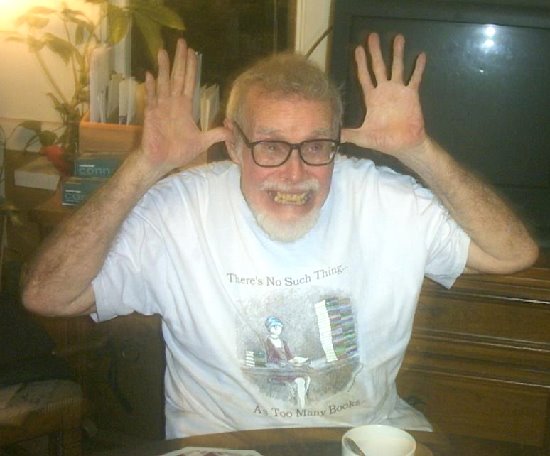
When I quit smoking back in the late seventies, the weeks that followed contained the first moments I opened my mouth and spoke as an adult. A smoker since age 15, I’d been shy, a writer, an observer. Tranquilized by nicotine, I had no urge to verbally express aggressive emotions (which I barely felt), and no experience in doing so. Instead I wrote doleful poetry that I showed to no one. As the cigarette-induced calm ebbed, I suddenly began to feel my own angers and dissatisfactions, but I was crude and spontaneous in voicing them. I'd picked up swear words from roommates, and used them, sputtering my first complaints about human (and working) conditions without considering the effect I was having on people around me. It seemed so important to release these burning thoughts and feelings, I couldn’t contain them. I was having tantrums like a two-year-old, and I paid the price. People were afraid of me, and I eventually got fired. More than once.
I also started to write my feelings (now that I was feeling them). This was probably not always a good idea either. I once sent a letter to my mother-in-law chiding her about some of her conservative advice. The next time I saw her, she said quietly, “I’m going to forget you ever wrote that, and I think you should, too.” I felt that my true self had been denied; I hadn’t been seen by her. But I was humbled, and I did henceforth keep mum about some things.
Despite practicing various methods for minimizing reactions and modulating expressions, I was always surprise-attacked by my own outbursts of rage, followed by weeping and guilt. I learned, as an animal learns, to maintain composure in front of those most important to my survival, but I often took it out on lesser persons or complete strangers.
Developing a more civilized language for my anger helped, I suppose. But nothing can disguise a tone of voice. My impatience with callers on the phone was well-known. When the job I have now evolved to include phone work, I struggled to build a "nice" and "helpful" persona. I didn’t want to be false, but what else could I do? I couldn’t afford to get fired again. Honesty is never the best policy, I was learning.
Fortunately, as I became older and more anxious about all of these matters, I got an invite to try antidepressants. After demurring for a few years, I accepted. The situation improved. I rarely opened my big mouth in the way I’d done before. I was tranquilized again. This damping-down was experienced in such a way that I’d recognize what was bothering me, but I could hold it in, or express it differently, or even engage in an exercise of empathy, building those inner muscles until I could almost always put myself in the other person’s shoes, boots, or sandals. My "feeling" responses were considered, if they happened at all. I started to prefer pure information.
I am still learning that even considered responses may not be received well, as with my recent response to a piece of writing by a friend, a tour de force that was supposed to be a joke, a parody, and which I took seriously. I complained about this friend’s "mean" attitude as evidenced in the piece, only to discover that it was a persona; that I had been meant to laugh and not take offense. In this case, my friend had struggled to develop this persona for art’s sake, and was proud of it. I am left wondering why I was so clueless. Is there something in me that seeks opportunities to criticize and find fault with my new-found ability to consider as I respond?
In a literature class I’m taking just for fun, we were discussing Gertrude Stein’s writing, in particular, the poem “Lifting Belly.” Apropos of nothing but my inner churnings, I burst out, “That phrase gives me the creeps!” The professor gave me the same look my mother-in-law had given me, as if commanding me to pretend I never said it. I'm qualified to be an adjunct professor myself, and have taught in the evenings now and then, but when I TAKE a class, I turn into a student, which, for me, means regression. It’s as if I had never been introduced to “political correctness” or even “taking turns.” I become the outspoken, spontaneous, complaining teenager I never allowed myself to be.
Becoming adequately socialized and modified so that no one will EVER be angry with me again seems impossible, at this point. And besides, why aren’t the people who complain about ME (or even burst out at me occasionally) worried about their own self-control and tolerance?
I’m finished with this self-modification project. My big mouth has undergone all the modifications it can take. I will say and write what I think and feel. I will edit myself for style, grammar and typos only, not for possible offenses. It’s took late for that.



